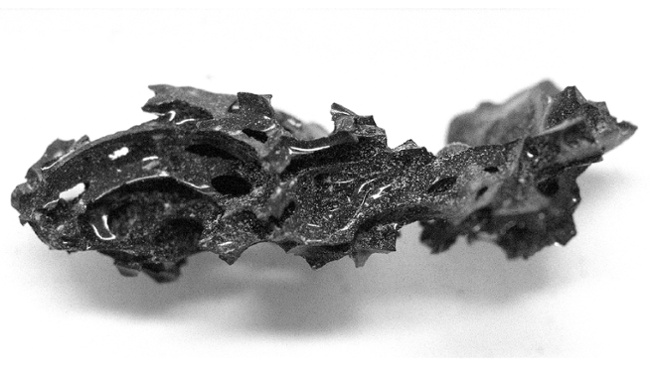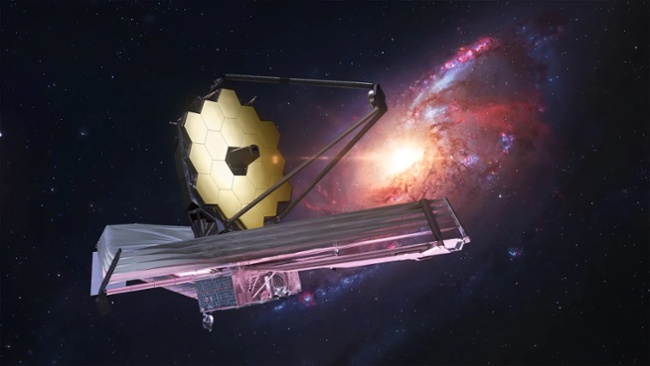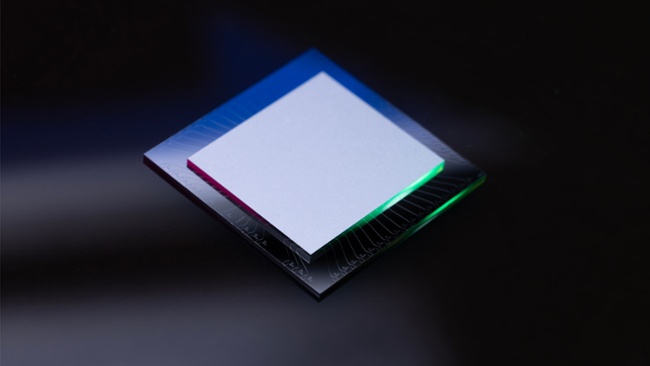"Not to be: Universe too short for Shakespeare's typing monkeys." Views expressed in this science and technology update are those of the reporters and correspondents. Accessed on 30 October 2024, 1953 UTC. Content and Source: https://scienceblog.com/newsletter. Please check link or scroll down to read your selections. Thanks for joining us today. Russ Roberts (https://hawaiisciencejournal.blogspot.com). Forwarded this email? Subscribe here for more Not to be: Universe too short for Shakespeare's typing monkeys Oct 30 READ IN APP Read: Universe too short for Shakespeare typing monkeys The surprising reason a classical computer beat a quantum computer at its own game Boozing animals may not be as rare as we thought New Screening System Fast-Tracks Treatments for Alzheimer’s, Parkinson’s AI might scare us, but can we scare it? Giant rats sniff out illegal ivory trade Researchers Get Leg Up on Bone Repair with 3D-Printed Femur New app...







Comments
Post a Comment
Welcome to "Hawaii Science Journal". Here you'll find the latest stories from science, technology, medicine, and the environment.